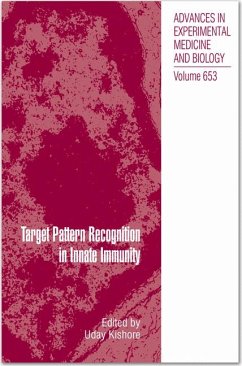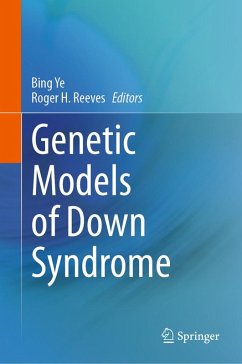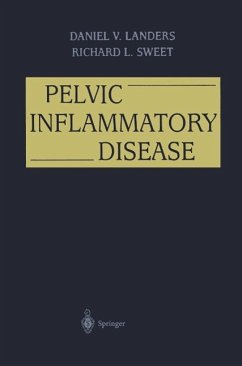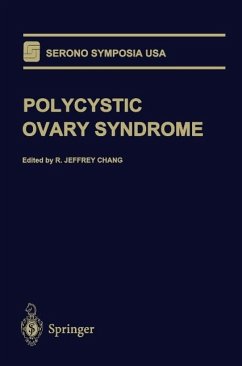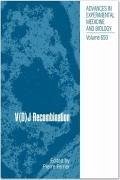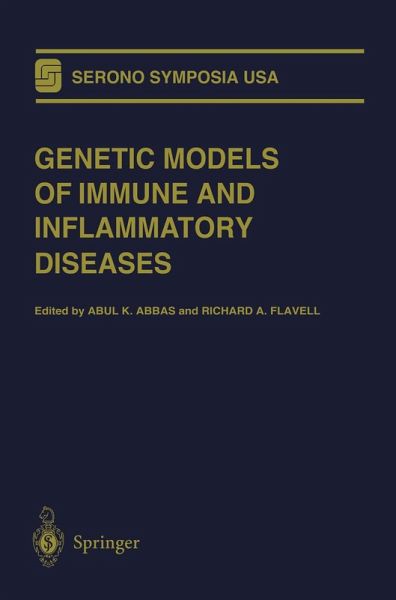
Genetic Models of Immune and Inflammatory Diseases (eBook, PDF)

PAYBACK Punkte
36 °P sammeln!
This book contains the proceedings of the Serono Symposia USA interna tional symposium on Genetic Models of Immune and Inflammatory Dis eases held on October 20 to 23, 1994, in Savannah, Georgia. The advent of methods for introducing genes into the germlines of mice, and for targeted disruption of particular genes by homologous recombination, has provided scientists in many disciplines with an extraordinarily powerful set of analyti cal tools. Some of the most informative applications of transgenic and gene knockout technology have been in studies of lymphocyte development and activation. The ...
This book contains the proceedings of the Serono Symposia USA interna tional symposium on Genetic Models of Immune and Inflammatory Dis eases held on October 20 to 23, 1994, in Savannah, Georgia. The advent of methods for introducing genes into the germlines of mice, and for targeted disruption of particular genes by homologous recombination, has provided scientists in many disciplines with an extraordinarily powerful set of analyti cal tools. Some of the most informative applications of transgenic and gene knockout technology have been in studies of lymphocyte development and activation. The goal of this symposium was to bring together investigators using these genetic approaches for analyzing the immune system, with a view to defining common themes and novel directions. Transgenic mice have a wide variety of important applications in immu nology. Defined proteins can be expressed in selected tissues throughout development, thus acquiring the essential characteristic of "self" antigens. Such models have been used to study how immune responses to these artificially created "self" antigens are controlled. Antigen receptors of lym phocytes have been expressed as transgenes, and because lymphocytes are endowed with the unique property of allelic exclusion, such transgenic mice become essentially monospecific. Immunomodulatory agents have been expressed in defined tissues or throughout the body, providing tools for studying the functional consequences of dysregulated expression of biologi cal response modifiers.
Dieser Download kann aus rechtlichen Gründen nur mit Rechnungsadresse in A, B, BG, CY, CZ, D, DK, EW, E, FIN, F, GR, HR, H, IRL, I, LT, L, LR, M, NL, PL, P, R, S, SLO, SK ausgeliefert werden.



